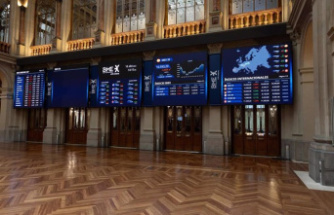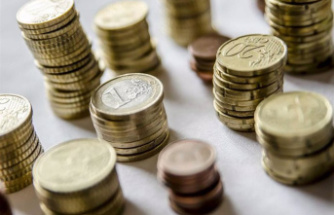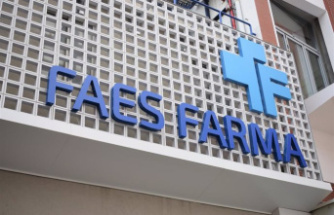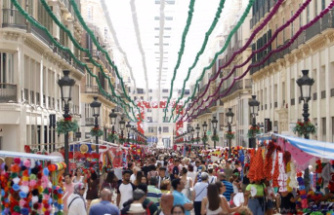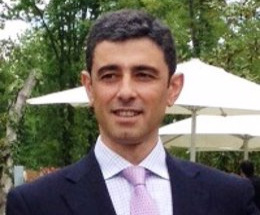Caption
Close
Albany
Ali Alaei, of Iran, a visiting scholar at the University at Albany who was initially blocked from returning to the U.S. on a scholar's visa by the Trump administration's controversial and court-contested travel ban, arrived at John F. Kennedy Airport in New York Tuesday.
"We are thrilled he is here," his brother, Dr. Kamiar Alaei, said Thursday.
Ali Alaei, 37, is an associate dean in the School of Architecture at Kermanshah University in Iran and an expert on ancient Persian architecture. He will lecture at UAlbany about Persian influences on architect Edward Durrell Stone's modernistic uptown UAlbany campus design.
Ali Alaei was detained and questioned by customs officials at JFK for more than two hours Tuesday before he was released. The delay and lack of communication caused rising tension for his brother and mother, who waited in the public arrivals area without word about his status.
Ali Alaei traveled with his father, Shaban Alaei, 81, a retired Persian literature professor, who has permanent U.S. resident status and a so-called green card.
"Ali said he was very nervous the whole time. He could not communicate with us and we weren't sure if he was even on the flight," said Dr. Kamiar Alaei, 43, a faculty member at UAlbany. He and his brother, Dr. Arash Alaei, 48, founded the Global Institute for Health and Human Rights at UAlbany. The two brothers are medical doctors and pioneers in the treatment of HIV and AIDS. Both endured years of political imprisonment in Iran on trumped-up charges after a sham trial. They received international humanitarian awards for their work.
Ali Alaei and his father flew from Iran to Qatar to New York and were stopped and questioned on each leg.
There has been chaos and confusion at airports around the U.S. as a result of an executive order President Trump signed Jan. 27 to keep refugees from entering the country for 120 days and citizens from seven predominantly Muslim nations out for three months. Those seven countries are Iran, Iraq, Syria, Sudan, Libya, Yemen and Somali. The ban set off numerous demonstrations at airports. Trump denied it was a Muslim ban and was instead a temporary security measure meant to thwart possible terrorist attacks.
On Feb. 3, a federal judge successfully suspended enforcement of the travel restrictions, but how long it will last is unknown. The United States Court of Appeals for the Ninth Circuit ruled unanimously on Thursday that it will not reinstate the ban on travelers from seven predominantly Muslim nations while the legality of Trump's order is fully reviewed.
Despite the legal quandary, the Alaeis are thankful that their entire family is reunited — a sister and their mother have lived locally for more than a years — and they were grateful for the widespread support from colleagues. They also praised the assistance of New York's U.S. senators Charles Schumer and Kirsten Gilliband and U.S. Rep. Paul Tonko, as well as officials at UAlbany and Albany Law School.
They called it Team Ali.
"So many people helped Ali," Dr. Kamiar Alaei said. "These were non-Muslim people who represent the best American values."
Meanwhile, his brother is concerned about the chilling effects all the uncertainty is posing for international scholarship.
"We know many students and scholars who want to go back and forth from the U.S. to their home countries," Dr. Arash Alaei said. "It hurts academic freedom and collaborations in the long term. It means many important federally funded international programs are put on hold."
Dr. Kamiar Alaei said for weeks he felt as hopeless as he did when he was released from the Iranian prison in 2011 months before his older brother, Arash, who remained imprisoned after his brother was set free.
"I worked so hard to get Arash out," Dr. Kamiar Alaei said. "This time, I worked so hard to get Ali in."
pgrondahl@timesunion.com • 518-454-5623 • @PaulGrondahl
Our editors found this article on this site using Google and regenerated it for our readers.


